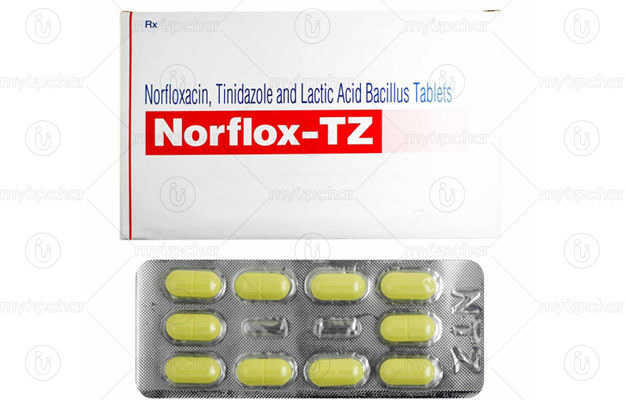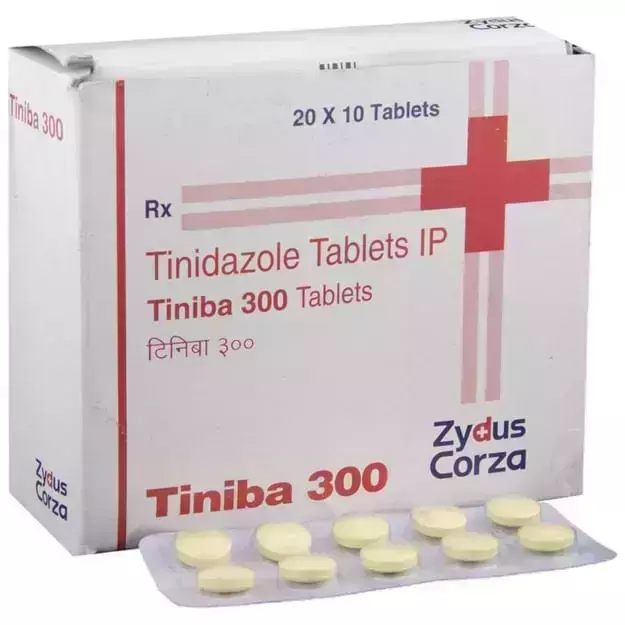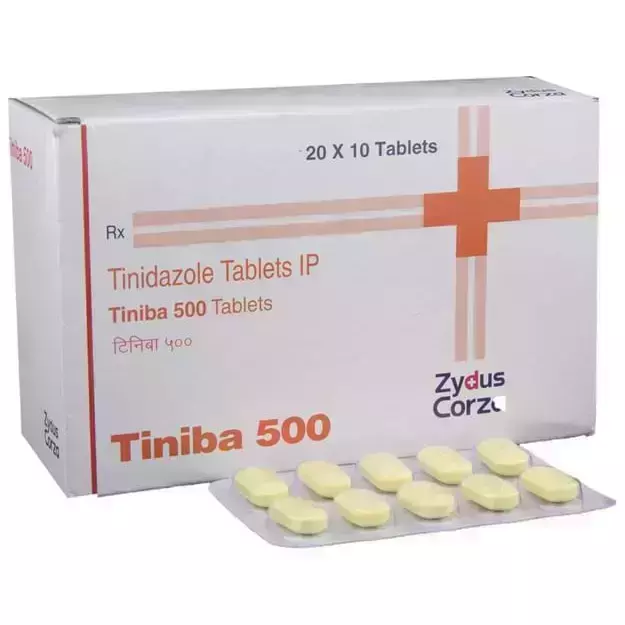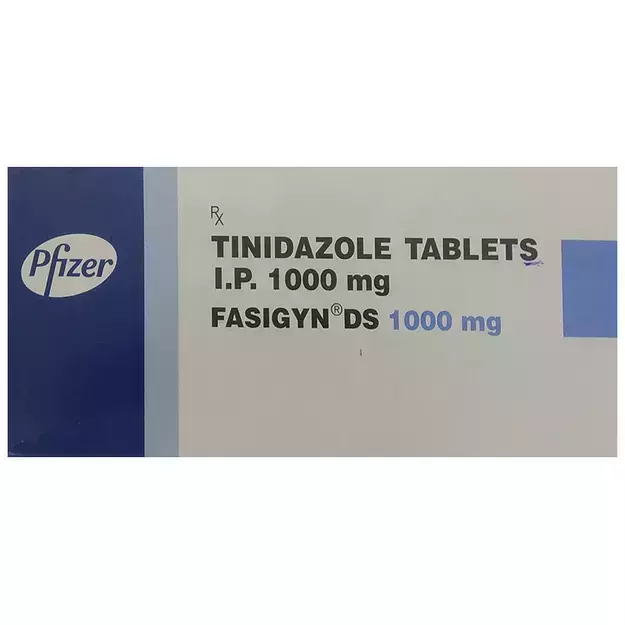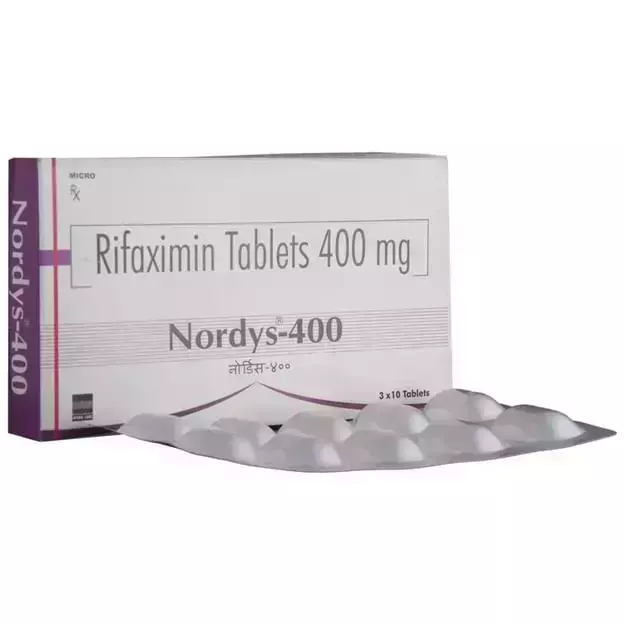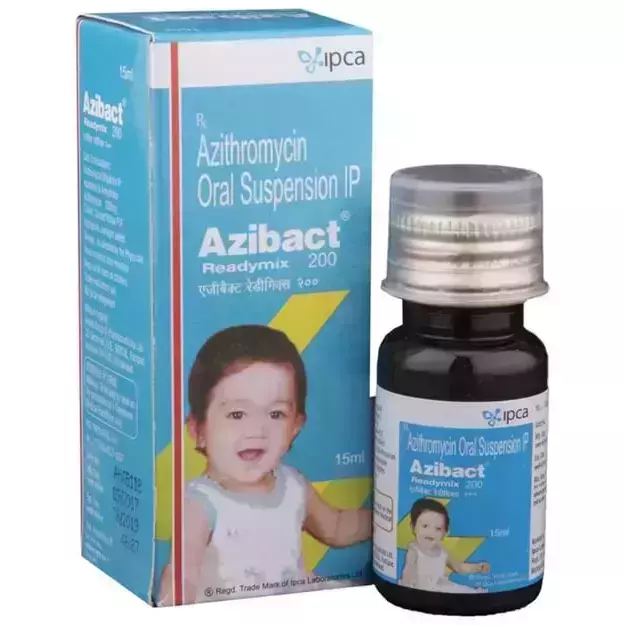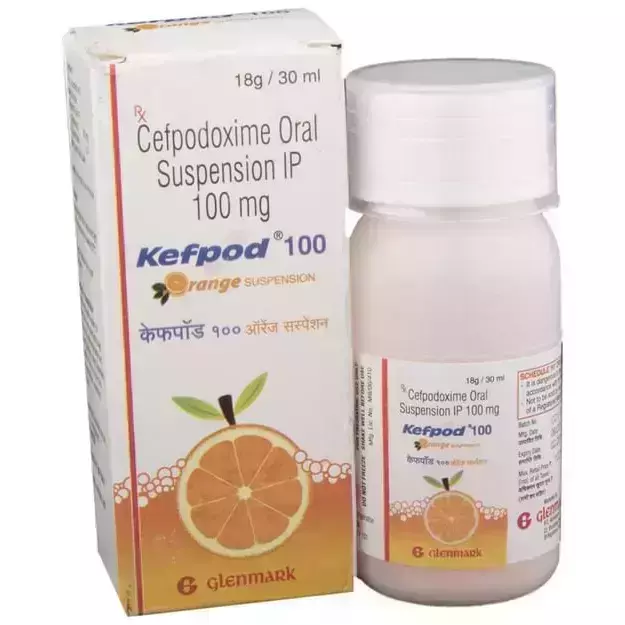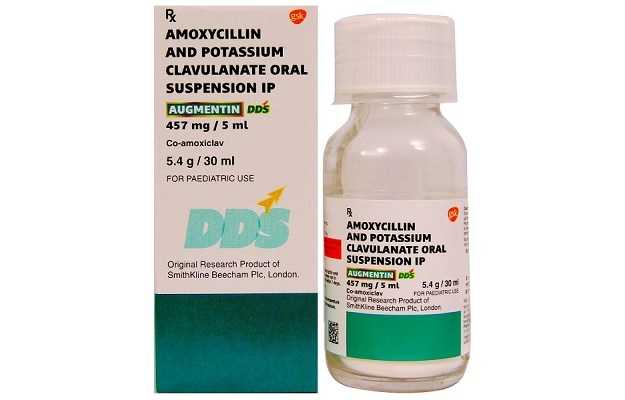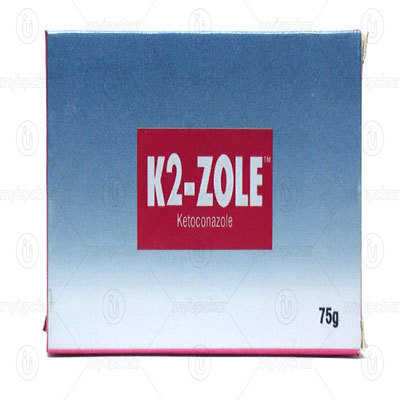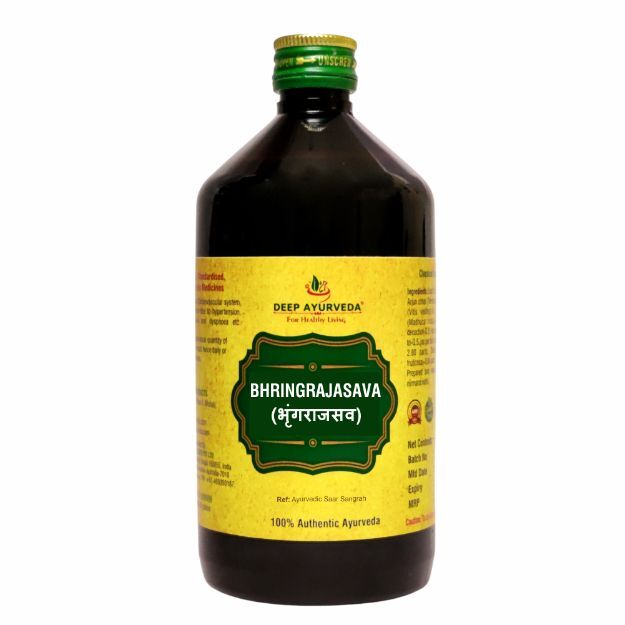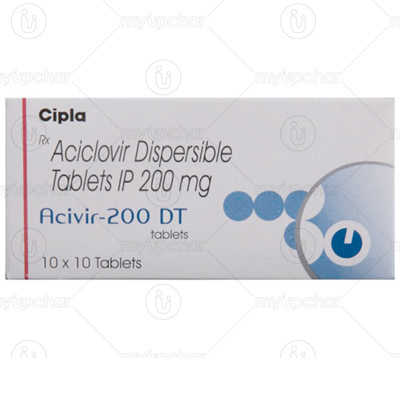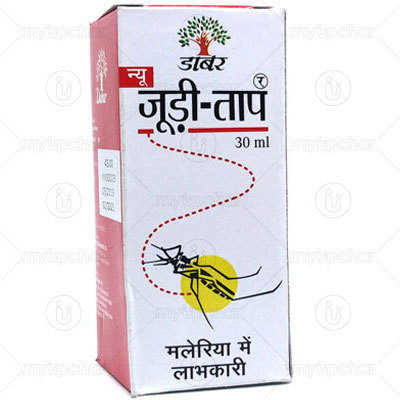Tini is a prescription medicine that is available as a Softgel, Suspension, Tablet. It is primarily used for the treatment of Amebiasis. Tini also has some secondary and off-label uses. These are listed below.
The correct dosage of Tini depends on the patient's age, gender, and medical history. Individual symptoms and route of administration also determines the right dosage. Refer to the dosage section for a detailed discussion.
Besides the aforementioned side effects, there are other adverse effects of Tini as well, which are listed below. These side effects of Tini are usually temporary and subside with the completion of treatment. However, if these continue for a longer time, consult your doctor right away.
It is also important to note that Tini has a Moderate effect for pregnant women and Moderate effect on lactating mothers. In addition, Tini's effects on the liver, heart and kidney are discussed below in the Tini related warnings section.
Tini is not recommended if you suffer from certain medical conditions as it can have adverse effects. Peripheral Neuropathy are examples of such conditions. Other conditions have been mentioned below in the Tini contraindications section.
Besides this, Tini may also have severe interaction with some medicines. A complete list of these interactions is given below.
In addition to the above precautions for Tini, it is important to know that it is not safe while driving, and is not habit-forming.
X

